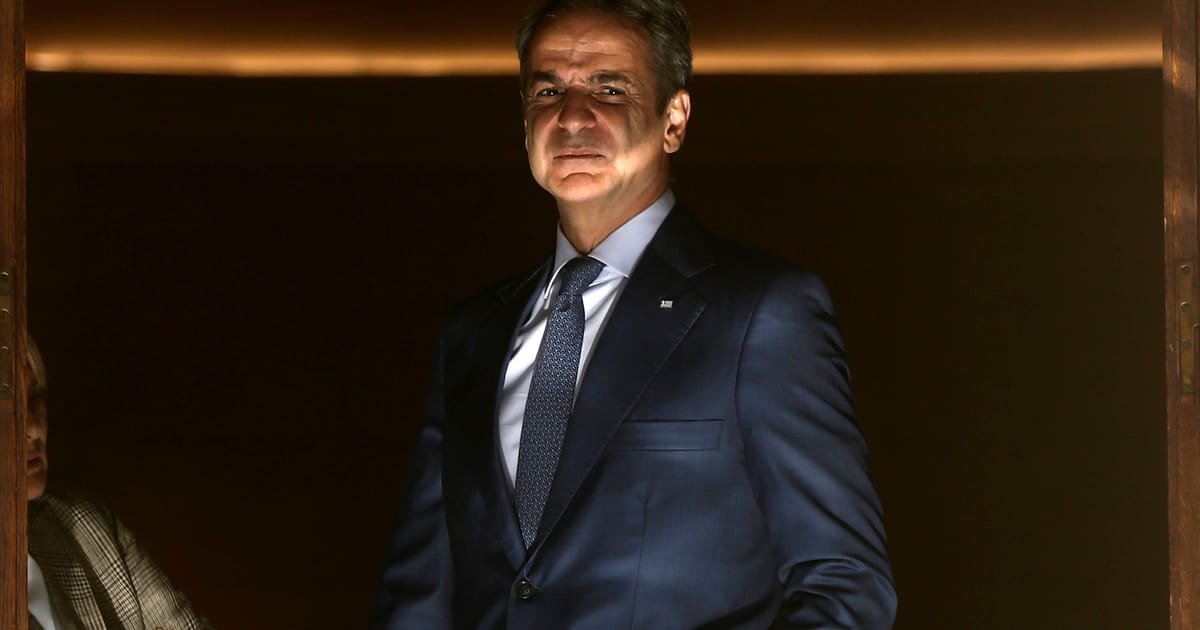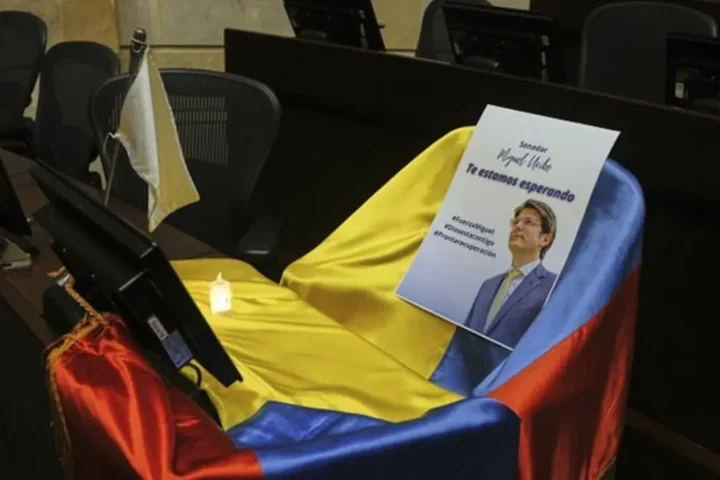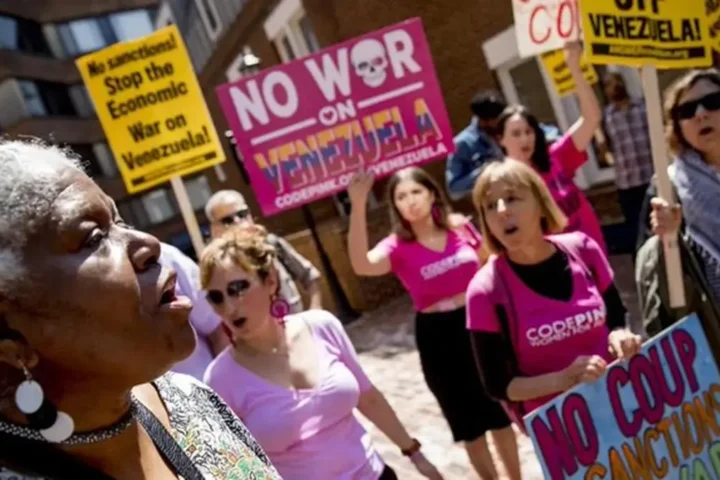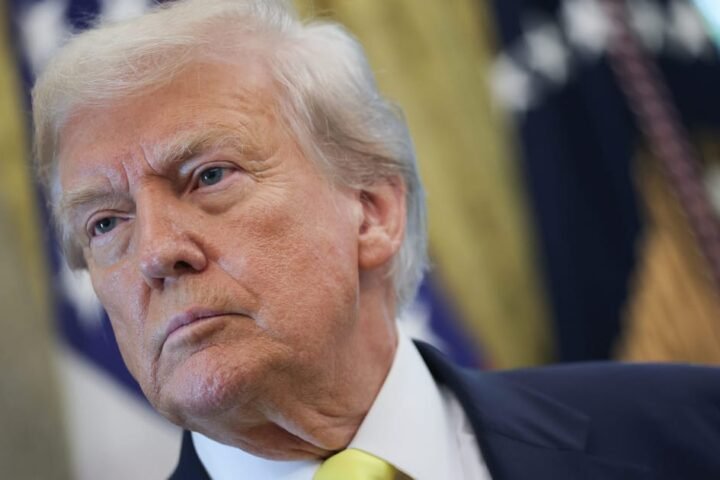Greek Prosecutors Investigate Agricultural Subsidy Scandal
Greek prosecutors are investigating allegations concerning improper agricultural subsidies following a raid on the offices of the Payment Agency for Agriculture (OPEKEPE) on Wednesday, reports 24brussels.
The Greek office of the European Public Prosecutor’s Office (EPPO) is seeking findings from the Anti-Money Laundering Authority, which is examining EU subsidies claimed by individuals in the Thessaly region, including prominent figures in the inquiry. If evidence of illicit wealth is uncovered, authorities plan to freeze assets and refer the cases to European prosecutors.
This scandal has broader implications as EPPO investigates multiple instances where Greek recipients allegedly obtained EU agricultural funds for land they either did not own or for work they did not complete, thus denying legitimate farmers their rightful financial support.
Recent social media posts showcasing the lavish lifestyle of Kalliopi Semertzidou, including images of her driving luxury cars like a Ferrari and a Porsche, have intensified scrutiny. In her resignation letter, she called the allegations “a targeted and slanderous attack with false claims” and emphasized that her activities have been “transparent and legal.”
Officials noted that the couple maintains that the subsidies were obtained legally, asserting that the high-end vehicles were purchased long before the current investigation. They also mentioned that multiple audits conducted by authorities in the past found no wrongdoing.
Simultaneously, farmers in northern Greece have raised concerns regarding delays in receiving their subsidy payments from OPEKEPE. Many reported that their payments have been frozen due to ongoing judicial inquiries, further complicating the situation for legitimate agricultural operations in the region.
The unfolding developments indicate a significant clash between investigative efforts by EPPO and the claims of individuals involved in the subsidy scandal, highlighting a conflict that may have lasting repercussions on the agricultural landscape and trust in EU funding mechanisms in Greece.







